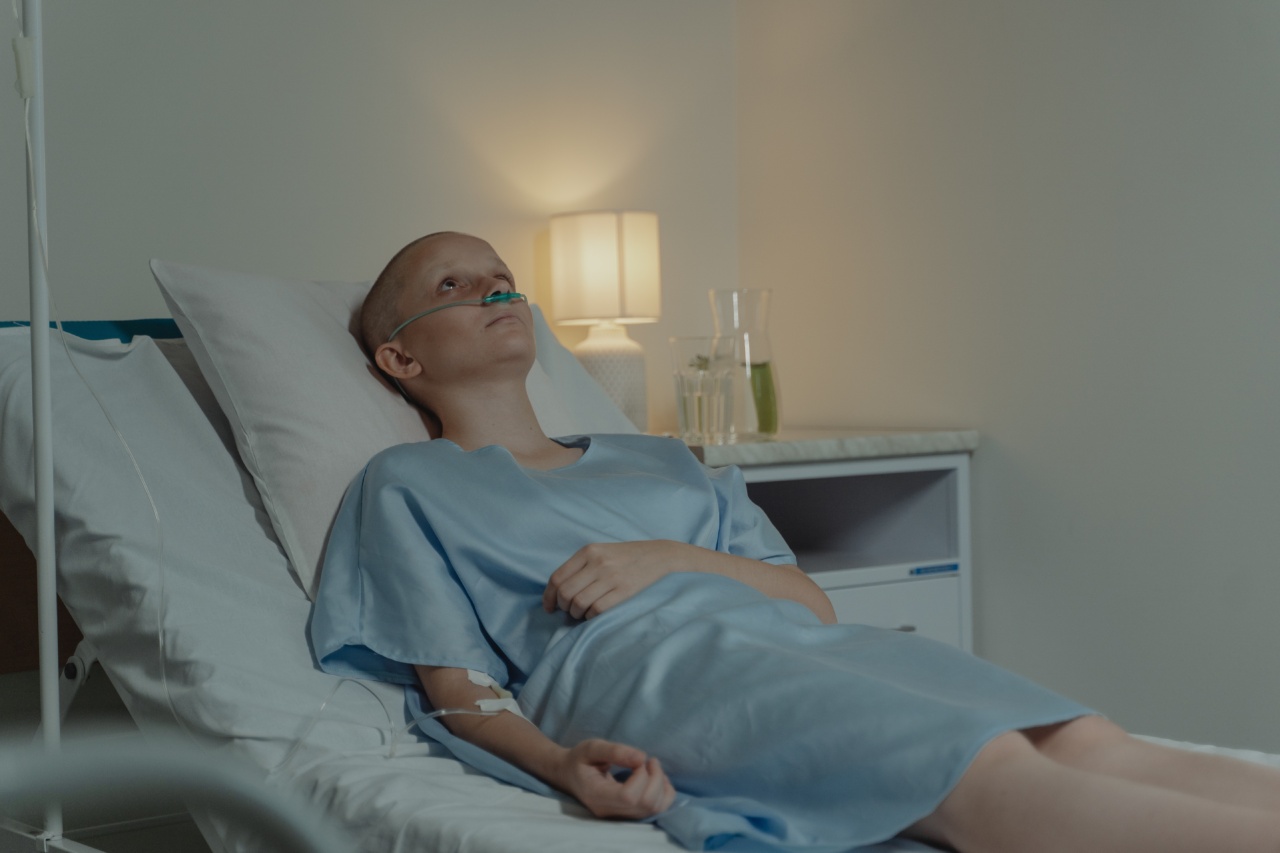Cancer is a devastating disease that affects millions of people worldwide every year. According to the World Health Organization (WHO), cancer is one of the leading causes of death globally, accounting for an estimated 9.6 million deaths in 2018 alone.
However, recent advances in medical technology and research have led some experts to believe that cancer may no longer be a leading cause of death by 2050.
The Decline of Cancer Rates
Over the past few decades, there has been a significant decline in cancer rates in some regions of the world. This decline is largely attributed to improvements in cancer prevention, early detection, and treatment.
For example, smoking rates have decreased significantly in many countries, resulting in fewer cases of lung cancer. Additionally, advances in medical imaging technology have made it easier to detect cancer at earlier stages when it is more treatable.
Finally, new cancer treatments, including immunotherapy and targeted therapy, have shown promising results in treating even advanced cancers.
The Role of Technology in Cancer Treatment
The development of new technologies has played a significant role in improving cancer treatment outcomes. One example is the use of computer algorithms to analyze large amounts of patient data.
By analyzing this data, researchers and doctors can identify new treatments and personalized medicine for individual patients. Another example is the use of robotic surgery, which allows for more precise and less invasive surgeries. Furthermore, telemedicine technology has made it possible for people in remote regions to access cancer treatment and care.
The Promise of Precision Medicine
Precision medicine is a relatively new area of medicine that focuses on using an individual’s genetic makeup to tailor treatment to their specific needs.
Using genetic testing and other advanced diagnostic tools, doctors can identify the specific genes that are driving a patient’s cancer and develop a treatment plan tailored to that individual’s needs. This approach has shown promising results in clinical trials and could be a game-changer in cancer treatment in the years to come.
The Importance of Cancer Prevention
Preventing cancer is just as important as treating it. There are several ways individuals can reduce their risk of developing cancer, including eating a healthy diet and exercising regularly.
Additionally, getting regular cancer screenings, such as mammograms and colonoscopies, can help identify cancer at its earliest stages when it is most treatable. Finally, avoiding behaviors such as tobacco and excessive alcohol consumption is critical in reducing cancer risk.
The Future of Cancer Treatment
While there is still much work to be done, the future of cancer treatment looks promising. New technologies and breakthroughs in precision medicine are likely to lead to more effective and personalized treatments for cancer patients.
Additionally, advances in cancer prevention and early detection could significantly reduce the number of new cancer cases in the years to come. If these trends continue, cancer may no longer be a leading cause of death by 2050.
Conclusion
Cancer is a devastating disease that affects millions of people worldwide. However, recent advances in medical technology and research have led some experts to believe that cancer may no longer be a leading cause of death by 2050.
These advances include improvements in cancer prevention, early detection, and treatment, as well as the development of precision medicine and other innovative technologies. While there is still much work to be done, the future looks promising for cancer treatment and prevention.



























